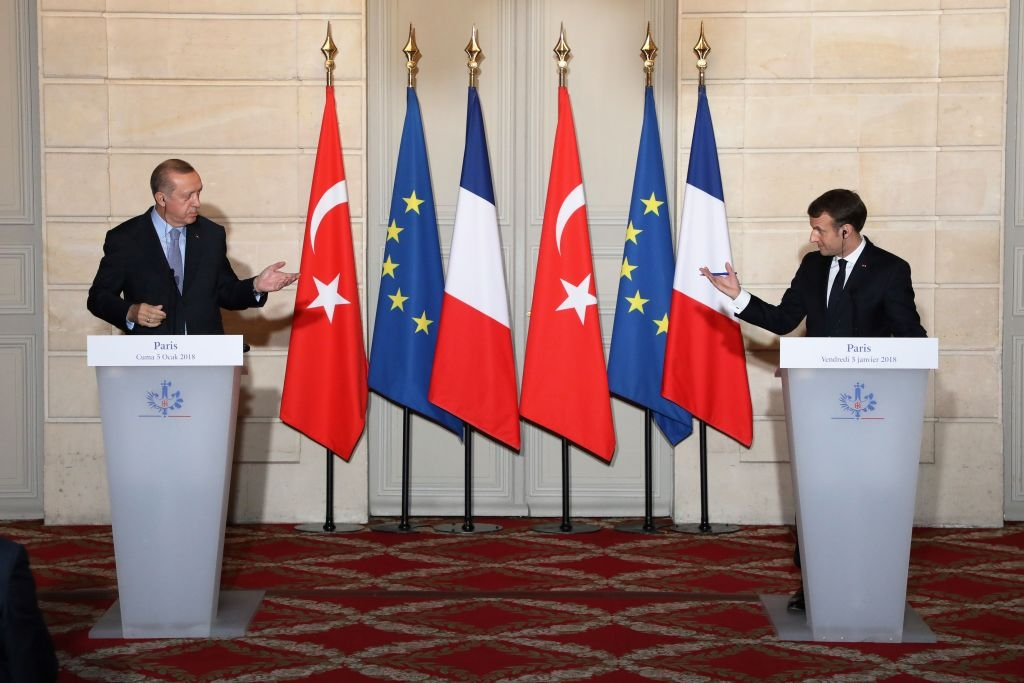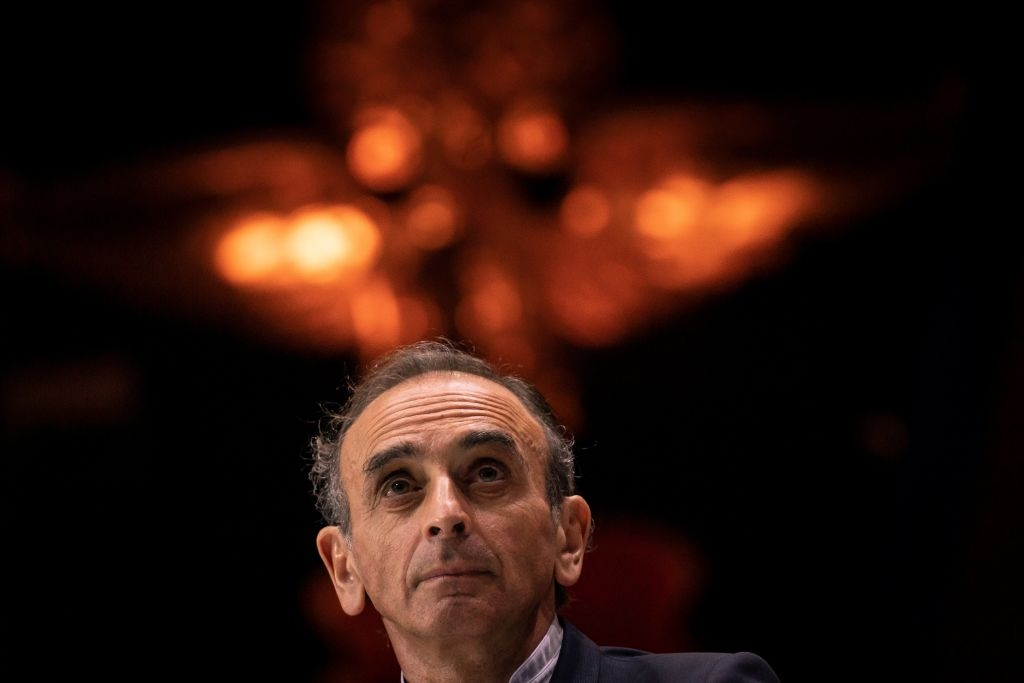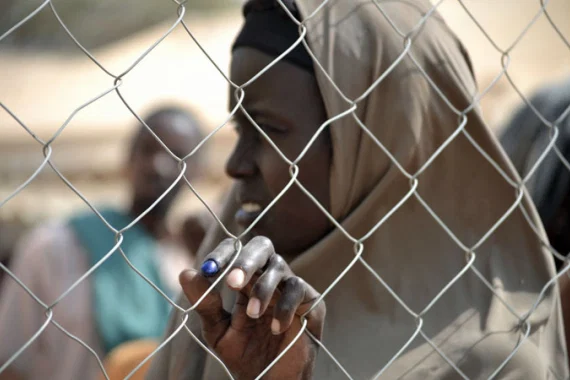What Makes Erdogan Tick?

At the end of the year, there was a Turkey in deep stages of cold-to-colder-war with the EU (in particular, with EU members Greece, Cyprus and France), Israel, Egypt, Saudi Arabia, the UAE, General Khalifa Haftar of Libya and the United States (over the S-400 dispute).
Not one of these state actors stepped back and appeased Erdoğan or changed policy in the face of Turkish hostilities.



